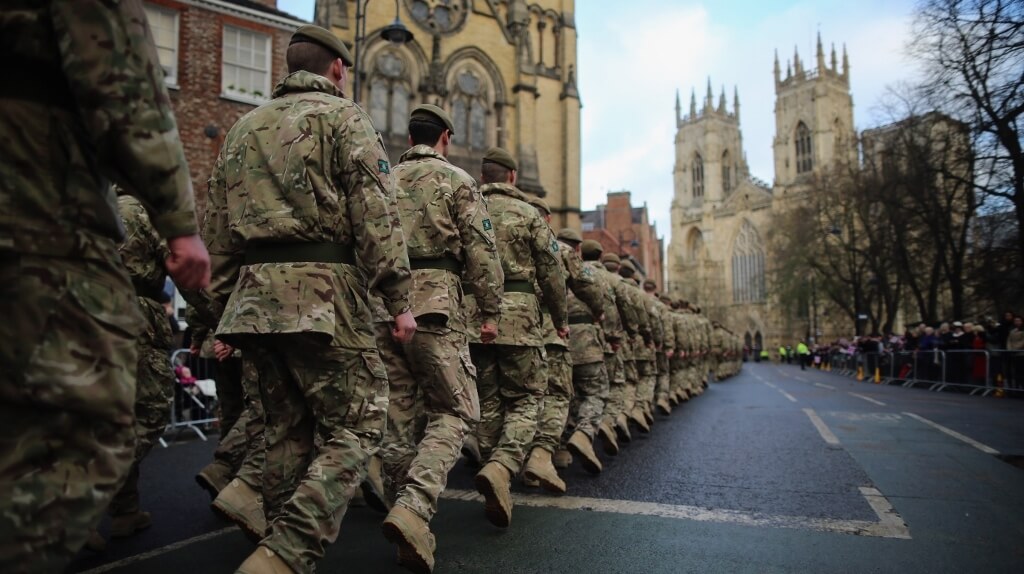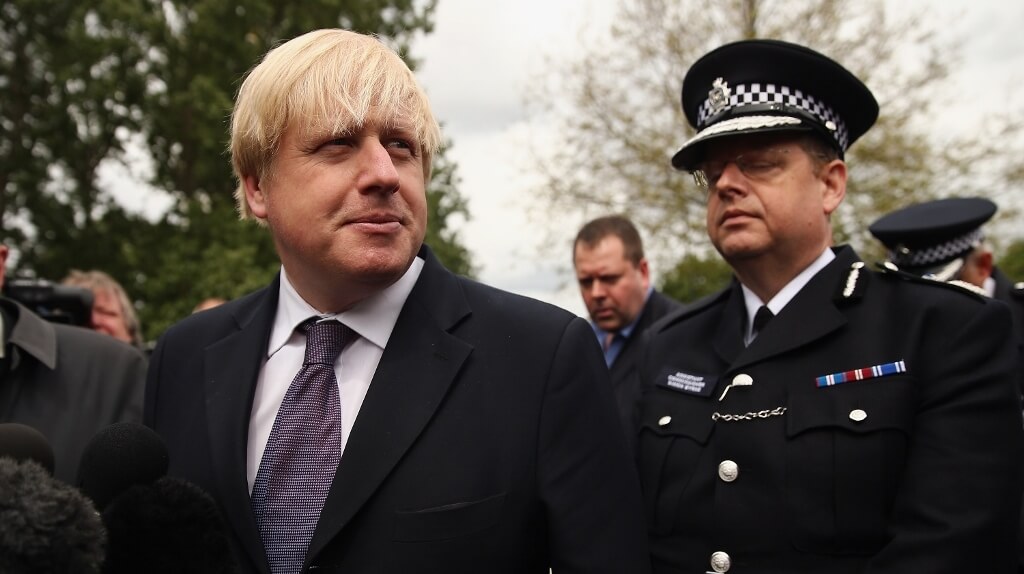Thousands of former military personnel retire from active duty every year and many look to transfer their skills to the workplace. Here's why you should hire one.
In a small business, employing the right people with the right skills is crucial to success. In order to grow organically, staff assets must be maximised appropriately to ensure you maintain a skilled and productive workforce.
With small businesses being responsible for generating two thirds of private sector jobs and around half of UK GDP, it is essential that the relevant range of skillsets are represented within this segment of this business community to allow it to thrive.
Yet, despite recent improvements in unemployment figures, many industries are still facing significant skills gaps at a time when there is a huge relatively untapped talent pool of ex-military individuals entering the civilian workspace.
Those who have served in the armed forces can draw on a range of personal and professional experiences to bring a wealth of valuable transferrable skills into the workplace, including:
1. Decisive leadership – The military is known for its high pressure environments, where situations need to be assessed logically to find a solution, often on the spot. Developing and maintaining a disciplined, confident approach to decision-making is something that veterans can translate to a commercial situation to great effect.
2. Articulate communication – Across all of the armed forces, clear and concise communication is necessary to ensure operations run smoothly, sometimes against stressful or hostile conditions – and is a skill that translates across all industries.
3. Being dynamic – Military personnel are required to be task-orientated and driven in order to inspire and motivate the team around them, qualities that are equally welcomed within business.
4. Instinctive service ethos - Innate service skills and values of integrity, honesty and efficiency characterise many roles and positions within the armed forces. A ‘can-do’ attitude is just one facet of the inherent skill set that can be adapted to suit a variety of civilian roles.
5. Team player – A palpable skill within the military. Whether it means being an active participant or the leader considering all approaches to a task, being able to successfully and seamlessly connect multiple voices and opinions into one positive direction is a daily requirement in most roles.
Despite being in possession of these important qualities, too many veterans still struggle to translate their innate skill sets in a manner that resonates with a commercial employer, and often have little idea of where the right employment opportunities exist.
Equally, we are finding that many employers are still in the dark when it comes to understanding the value of veterans to their business. Recent research we conducted found that fewer than half (43%) of employers in companies with 10-49 employees would look favourably on military experience on a CV, compared to an average of 47% for employers overall.
Additionally, 1 in 10 employers at small businesses would go as far to say they would look unfavourably upon armed forces experience.
We hold a different viewpoint at Barclays. Since 2010, the Barclays Armed Forces Transition Employment and Resettlement (AFTER) programme has hired over 300 ex-military of all services and ranks into a range of jobs across the company.
Their collective contribution to the business has proved to add significant value in many areas of our workplace, not least saving in excess of £2.5m in recruitment fees – a cost that is just as relevant for small businesses as it is for larger organisations.
Through our AFTER programme, we have also assisted over 3,700 veterans in their transition into civilian employment by providing work placements, direct employment opportunities, CV and interview coaching, and money management sessions, as well as millions in funding for education and vocational courses for Service Leavers through Service charity partnerships.
There is no doubt that there are clear advantages available for businesses who look beyond the CV when it comes to transferable skills and employability. Yet more still needs to be done to ensure best practice in this area is adopted by the SME community as well as larger players, and provide veterans with a fair chance when it comes to their post-military lives and careers.
Thanks for signing up to Minutehack alerts.
Brilliant editorials heading your way soon.
Okay, Thanks!




